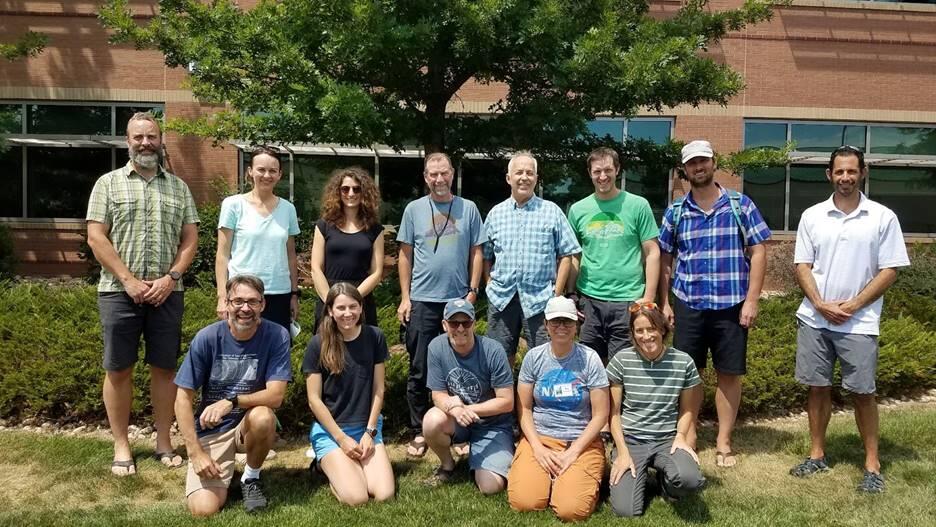Powell Center Seminar: North America on fire: tree rings provide a multi-century perspective on increasing wildfire
Join us for a Powell Center seminar on Tuesday, September 10th, from 10-11am MT/12-1pm ET.
North America on fire: tree rings provide a multi-century perspective on increasing wildfire - Chris Guiterman (NOAA), Ellis Margolis (USGS), and Sean Parks (USDA)
Speakers:
Chris Guiterman is a Research Scientist with the NOAA-based World Data Service for Paleoclimatology that manages public archives of fire history data along with many other global paleoenvironmental proxy data. His research interests include dendrochronology, fire ecology, and the drivers of historical fire activity.
Ellis Margolis is a Research Ecologist with the USGS Fort Collins Science Center, New Mexico Landscapes Field Station. His research tries to untangle the interactions between climate, fire, forests, and human land use.
Sean Parks is a Research Ecologist with the Rocky Mountain Research Station, USDA Forest Service. His research interests include 1) fire-climate relationships, 2) post-fire ecological trajectories, 3) departures between historical and contemporary fire regimes, 4) prescribed fire in wilderness, and 5) how climate-induced species range shifts will or will not unfold.
Get Our News
These items are in the RSS feed format (Really Simple Syndication) based on categories such as topics, locations, and more. You can install and RSS reader browser extension, software, or use a third-party service to receive immediate news updates depending on the feed that you have added. If you click the feed links below, they may look strange because they are simply XML code. An RSS reader can easily read this code and push out a notification to you when something new is posted to our site.


